We caught up with the brilliant and insightful Mike Adamo a few weeks ago and have shared our conversation below.
Mike, thanks for taking the time to share your stories with us today Did you always know you wanted to pursue a creative or artistic career? When did you first know?
When I was 19 – up to that point I had been playing the drums my whole life, but I had only ever played in bands at school. I started playing with a rock band, we got some material together and booked a gig. It ended up being pretty big – a lot of people came – so we got paid. At that point I had only ever worked at minimum wage jobs. It was cool to be able to make the equivalent of a few days pay at a regular job just for playing 2 sets of music, while having a great time doing it. At that point I knew there was no going back – that night showed me it was possible to make money with music, I just had to figure out how to keep it going and expand it.
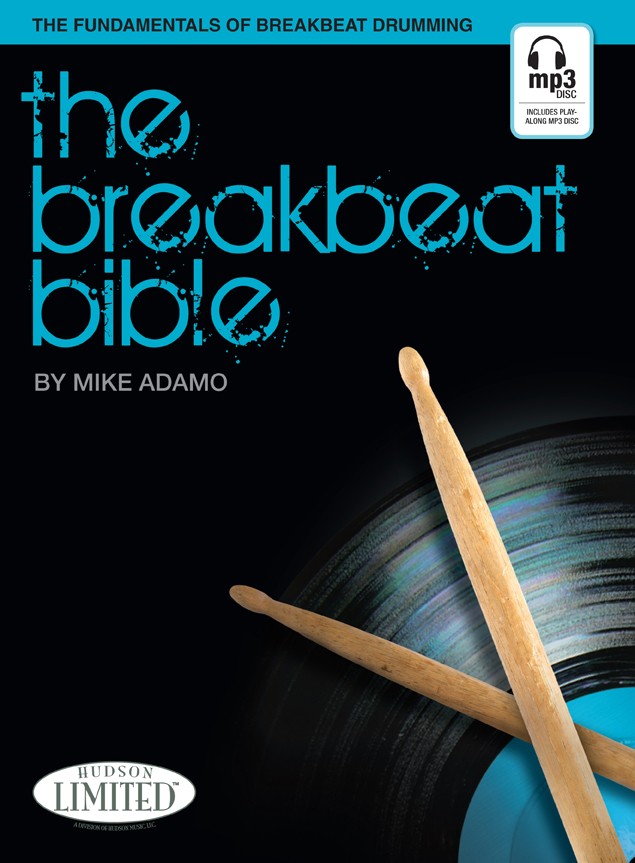
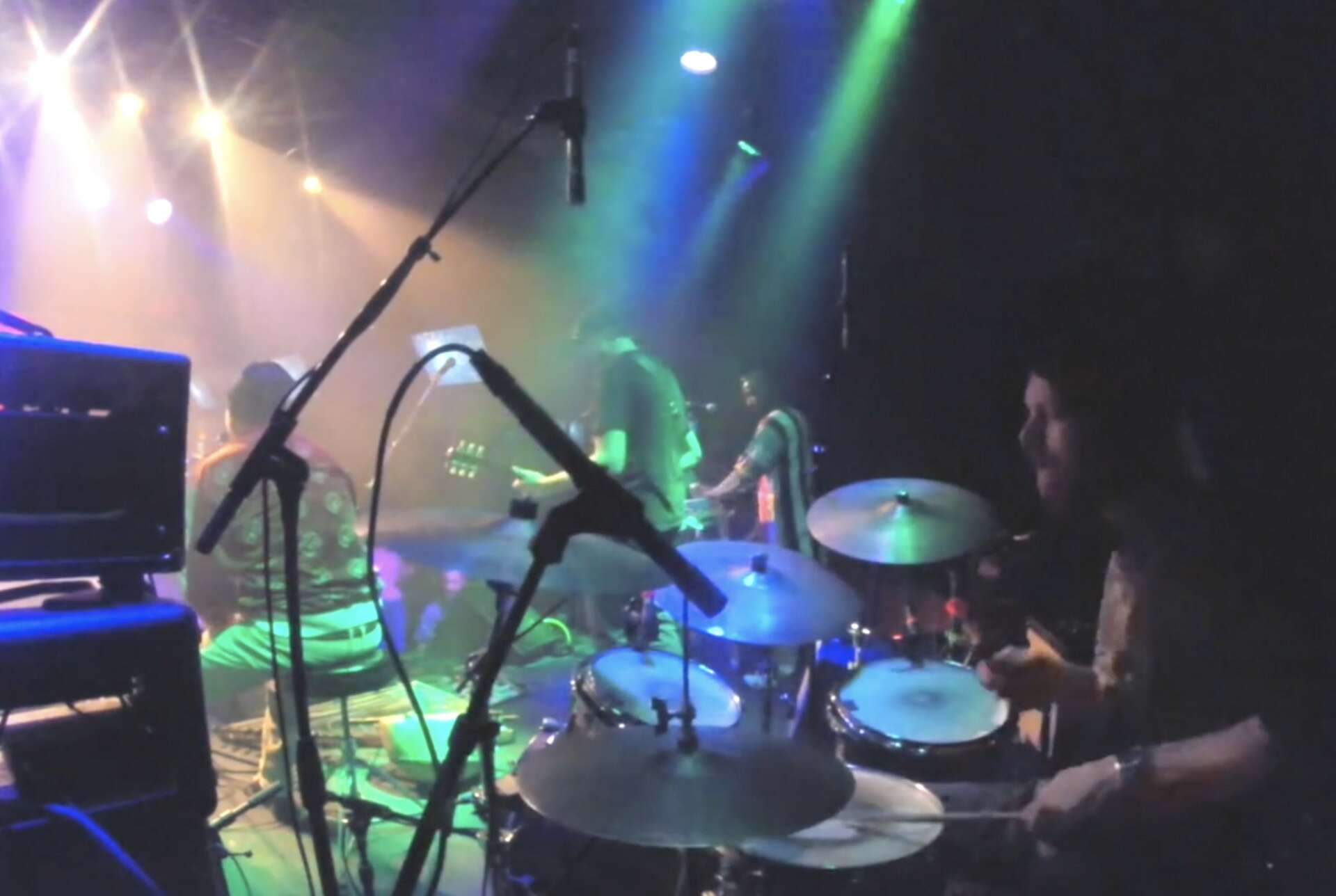
Mike, love having you share your insights with us. Before we ask you more questions, maybe you can take a moment to introduce yourself to our readers who might have missed our earlier conversations?
I first got into music through playing the drums – it’s something I was always drawn to. When I was 2 years old I would pull out pots and pans from under the stove and bang on them. I kept going with it, played in the concert and jazz bands at school, and took lessons. Then eventually when I was 19 I started playing shows and getting paid.
Over the years I got into a few other things as well – one of them being teaching drum lessons. Once I started teaching, I realized how rewarding it is. It feels great to pass on knowledge and skills, and to open people’s minds to what’s possible. I’ve been listed by Modern Drummer magazine as one of the top drum teachers in the country. One of my main missions with teaching the drums is to help people use their minds and bodies to do something fun, challenging, creative, and analog in today’s digital, screen-infested world. Playing the drums requires a lot of coordination, patience, and focus. I help people form new synapses in their brains. I remind them to concentrate and take it slow, and to be patient with themselves during the learning process. I guide them step-by-step through getting their coordination together when first learning a new beat or pattern. I also work with students and show them how to use repetition in order to develop muscle memory. This discipline helps get their drumming to a point of effortlessness, and that’s when things start to get really fun. Those traits and skills are really important these days, especially with younger kids. I feel like honing those skills helps people in other areas of their lives as well. Drumming is also a bridge between the physical and spiritual worlds- so the better people get at the drums, the more they can learn about and access different dimensions and aspects of themselves. Scientific and medical studies have revealed a lot of positive benefits of drumming. Playing the drums releases endorphins, enkephalins and Alpha waves in the brain, which are associated with general feelings of well-being and euphoria. It can also boost your immune system, help you process and release negative feelings, ground you in the present moment, and align your body and mind with the natural world. The physical transmission of rhythmic energy to the brain synchronizes the left and right hemispheres, So, when the logical left hemisphere and the intuitive right hemisphere of the brain begin to sync together, the intuition becomes stronger and more prevalent. Overall, I make people’s lives better and more full through the process of teaching them how to play the drums. I teach all ages and ability levels, from pro drummers and Grammy award winning producers, to first-time drummers, kids, parents, whoever wants to learn and is willing to put in the time. I teach in-person lessons at my studio in Portland, OR, and I teach people from all over the world on-line with Zoom. People can contact me no matter where they live and I can help them out.
I’m also an author – I have an award nominated, critically acclaimed instructional drum book published with Hudson Music called The Breakbeat Bible, that’s now considered by many in the industry to be a classic. It received a rare 5-star review in Modern Drummer magazine. It’s a Funk drumming book, but it traces the lineage of Funk and Soul drum breaks from their origin, through their use by DJ’s, beat makers, and producers to create the blueprint and foundation of Hip Hop. I wrote the book for a few reasons- I wanted to create a modern, relevant instructional book that teachers could use with their students. Teachers use it all over the world, including at some of the top music colleges and universities like Berklee College of Music in Boston. I wanted it to be something fun that you could pick up and play through, because I remember being a kid in middle school and high school, and having a good time working through books with my teachers. I get emails all the time from people saying how much they like the book, and how much they enjoy playing through the beats and exercises – so it feels great to know I accomplished that aspect of what I set out to do. I also wanted it to be something that any fan of music, or really anyone in general could just pick up and read, and learn a little something from. Basically I wanted to write the first instructional drum book that could also double as a coffee table book. There’s exercises and beats, history, short biographies of some of the architects of Funk and Hip Hop, and information about the original drum breaks – including how they were sampled and used in new songs. The book has also gotten a lot of traction and praise from music producers, beat makers, DJ’s, and finger drummers.
I’m also an award nominated music producer. I produce under the name Memory Code. I mainly do boom bap Hip Hop, Glitch Hop/Bass music, and Lo-fi. Related to music production, I’m also a sensei for The Producer Dojo – an on-line music production school founded by iLL.Gates. I also create and sell sample packs for other producers to use in their own music. I produce tracks for emcees, and also music for sync licensing (commercials, TV, movies, etc.). Additionally, I offer mixing and mastering services for other producers. I also teach private music production lessons – both in-person at my studio in Portland, and also on-line through Zoom. I help people learn how to produce their own music, make beats, flip samples, do sound design, arrange, mix and master their music, and more. I also help guide producers through some of the psychological challenges of making music, such as overcoming passive action or procrastination, and into more effective processes such as setting S.M.A.R.T. goals
I also do a few other things that I’ve gotten into over the years. I originally learned how to do them to help promote my music and teaching projects, and now I really enjoy doing them. These are also services I offer to clients. They include graphic design, video/visuals production and editing, and web design. I make really dope, cutting edge websites, designed to help people stand out among their peers, colleagues, and competitors.
Having all of these different skill sets definitely helps me bring a lot more value to the table. For example – if an emcee wants to use one of my beats, I can also offer to produce a video for the song, and create some eye-catching, engaging content for a social media campaign promoting the song. Or if I’m teaching someone how to chop up a sample to make a beat, I can also teach them how to start putting together a logo, or how to put together a video for a social media post.
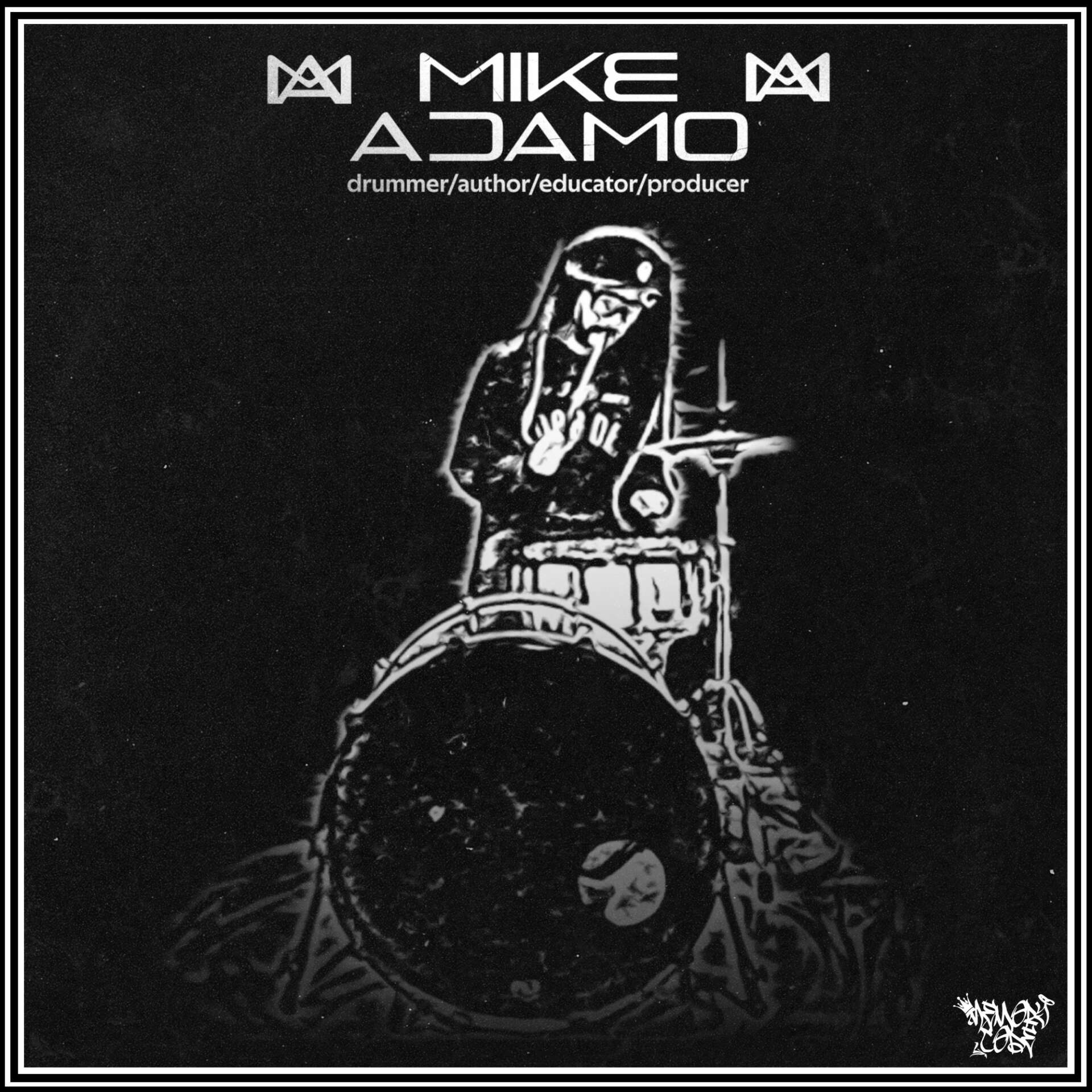
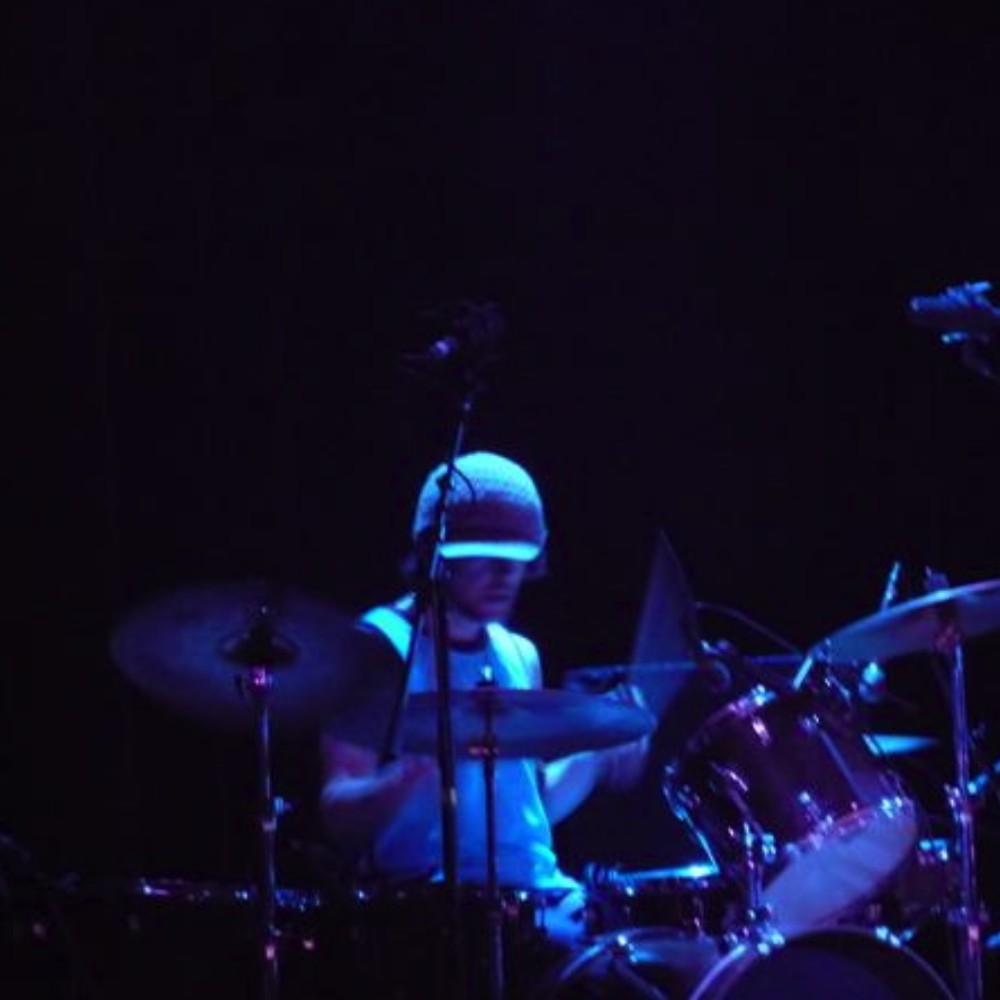
Is there something you think non-creatives will struggle to understand about your journey as a creative? Maybe you can provide some insight – you never know who might benefit from the enlightenment.
I don’t think there’s such a thing as a non-creative. I believe that as humans we’re all constantly creating, every moment of our lives – we create the reality we experience. We either do it consciously and mindfully with intention, or subconsciously by recreating the images, thoughts and ideas we’re fed through school, the media, social media, and our friends and family. We can’t turn off this ability to create our reality, it’s happening whether we’re aware of it or not – that’s why it’s so important to really mindfully curate the types of content we consume. So looking at people from that perspective, I believe that we’re all extraordinarily creative, at the highest possible level. There’s also a study that NASA did in the 1960s, because they wanted to figure out how to hire more geniuses. They devised a series of tests to see how people could creatively use their imagination to solve problems, and they found that 98% of the 5 year olds they tested qualified as geniuses. However, they tested the same group of kids five years later, and found that only 30% qualified as geniuses. They tested the same group of kids five years later, and only 12% percent were found to be geniuses. In the end after surveying adults, it was found that only 2% qualified as geniuses. So they came to the conclusion that un-creative behavior and thinking are learned, as opposed to being natural inclinations people are born with.
But I think the main thing that a person with a regular job might not understand about someone who’s self-employed, in an artistic field or really any type of field, is how much behind-the-scenes work there is. Doing the creative or artistic thing, and all of the practice and discipline involved with that, is really just a small percentage of the work. There’s also scheduling, billing, and book keeping- even though there’s software and apps to handle those types of things, you still have to figure out which ones to use, learn how to use and integrate them, and keep track of everything. Then there’s graphic arts, web design, social media content creation and strategy, advertising creation and strategy, emailing/communicating with clients and collaborators, and more. Even if you’re outsourcing some or all of that work, you still need to clearly communicate what you want, and make sure it stays aligned with your vision for yourself and your brand. For a lot of people with regular jobs, their work day ends when they clock out for the day, but if you’re self employed then the tasks never really end. It can be difficult to manage that and maintain a healthy balance with other aspects of your life. It’s really easy to turn your passion into a self-made prison if you’re trying to make a living from it – I’ve definitely gone through periods where I did that to myself. But if you’re aware that it’s happening, you can take a few steps back, re-center yourself, and take steps to become more balanced in your work and life situations.
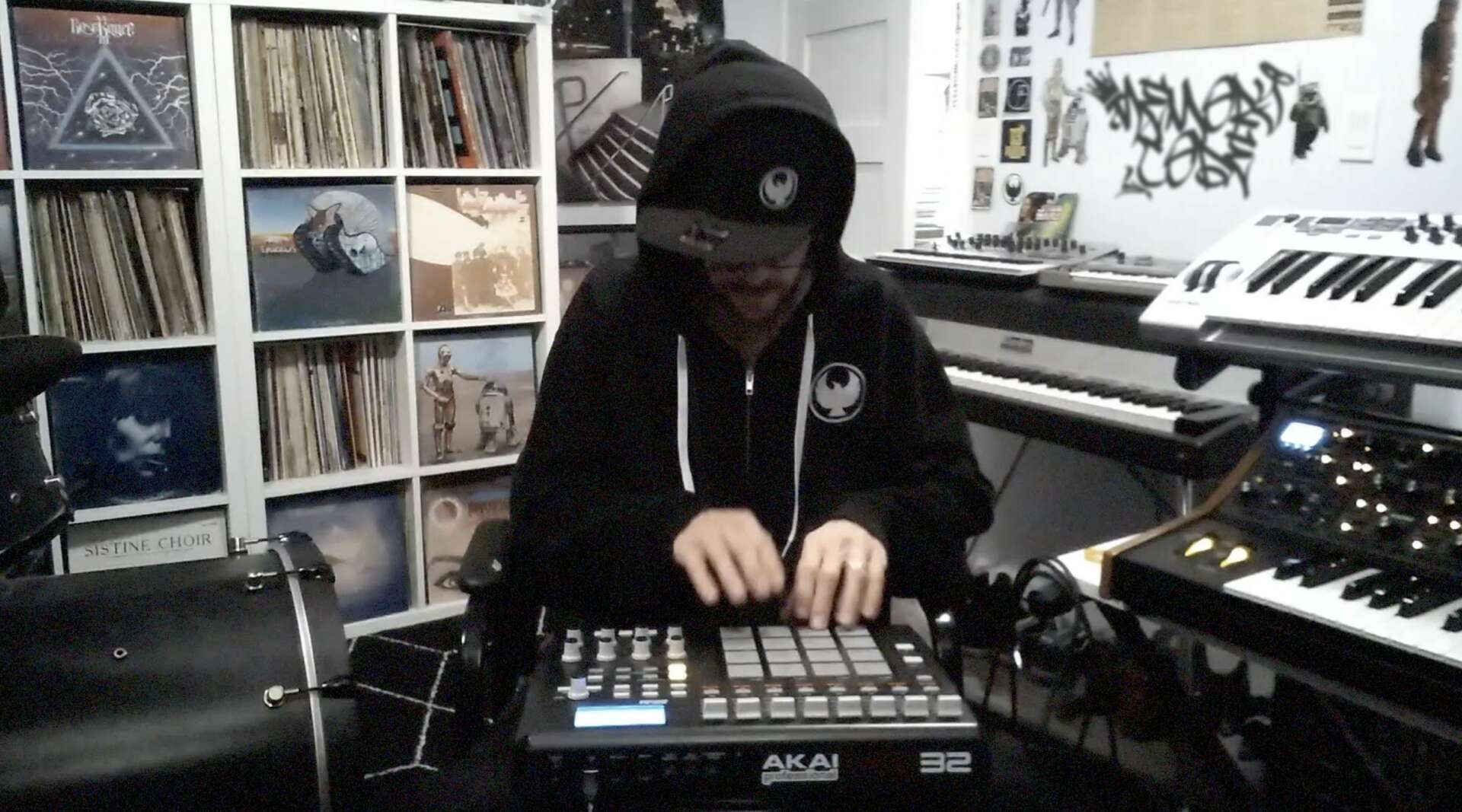
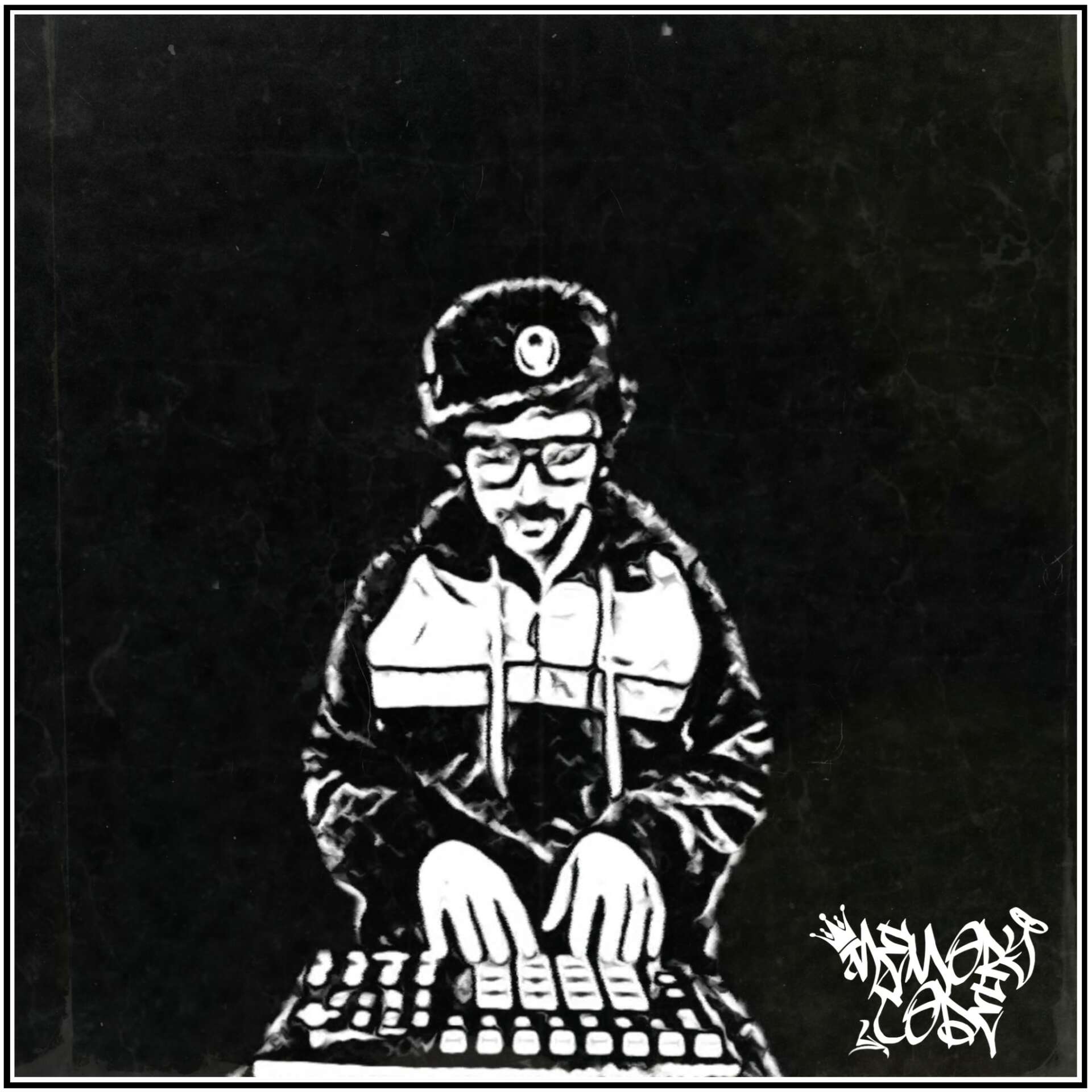
Can you tell us about a time you’ve had to pivot?
I had been playing full time with a band – touring and doing albums. After a few years of going all-in with that project I realized a few things. I really wasn’t that satisfied with the music we were making. I also wasn’t too impressed with the work ethic of some of the other people in the group. It started to feel like a dead end. I also realized that the bigger a band gets, the more people you need to pay – managers, booking agents, sound guys, etc. – so even though you’re playing bigger shows and getting more exposure, you’re not necessarily making more money on an individual level. When I realized all of that I started expanding out and playing with different groups, and just being a hired gun. At one point I was playing in 8 or 9 different groups at once – all different types too like cover bands, jazz combos, funk, world music, pop, indie rock – really anything. That’s also when I started teaching drum lessons. Around that same time too I had the idea for my book The Breakbeat Bible, so I started working on that. Once I had the book published, I bought a laptop and Ableton Live (music production software) with my first royalty check, and started learning how to make beats and produce my own music. So those realizations I had about playing in that first band really influenced me and helped shape everything I’m doing now. Don’t get me wrong though – I wouldn’t trade those early years in the band for anything. I met my goddess of a wife (and mother of our child) at one of our concerts, and that’s definitely the best thing that’s ever happened to me.

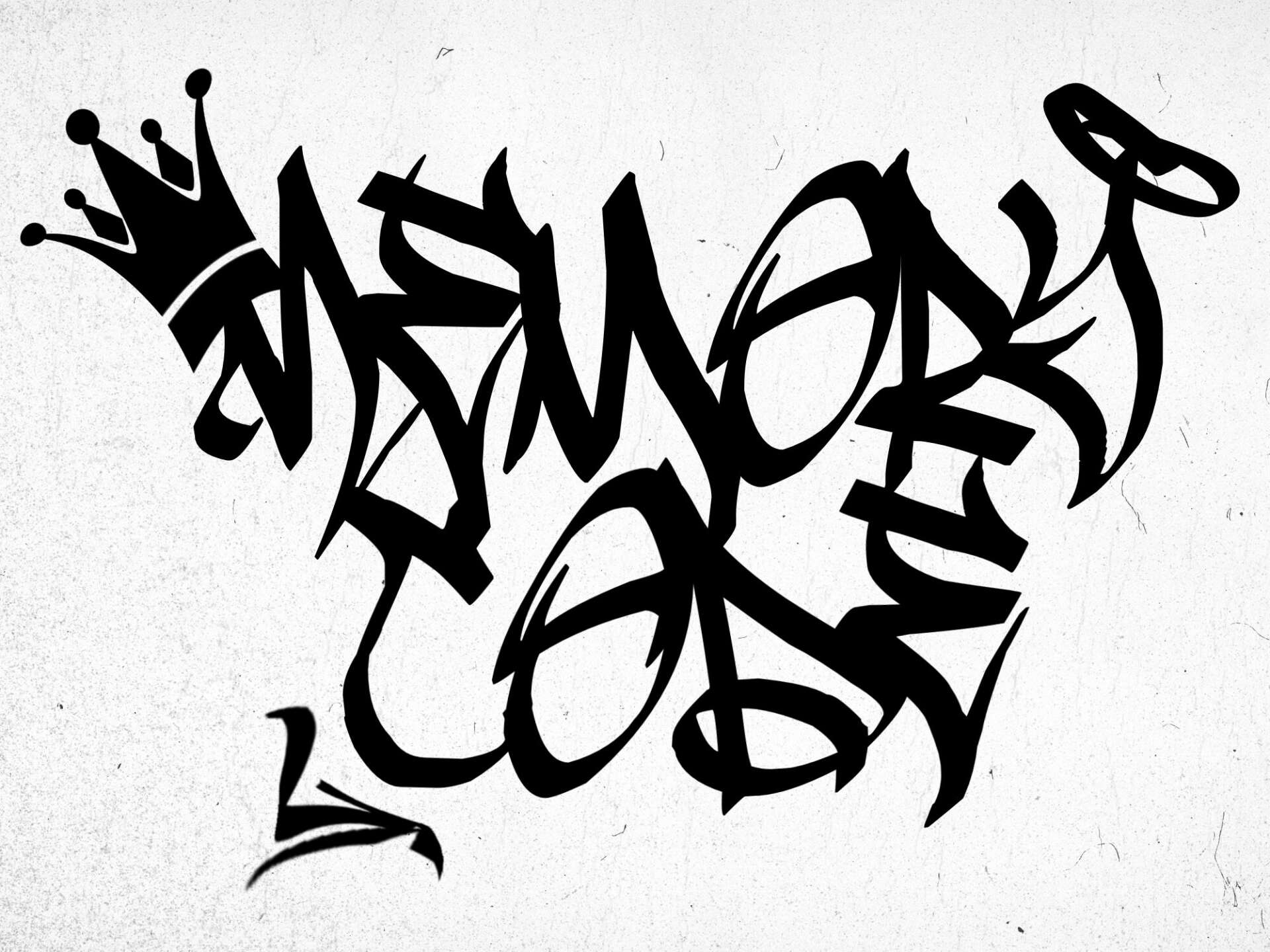
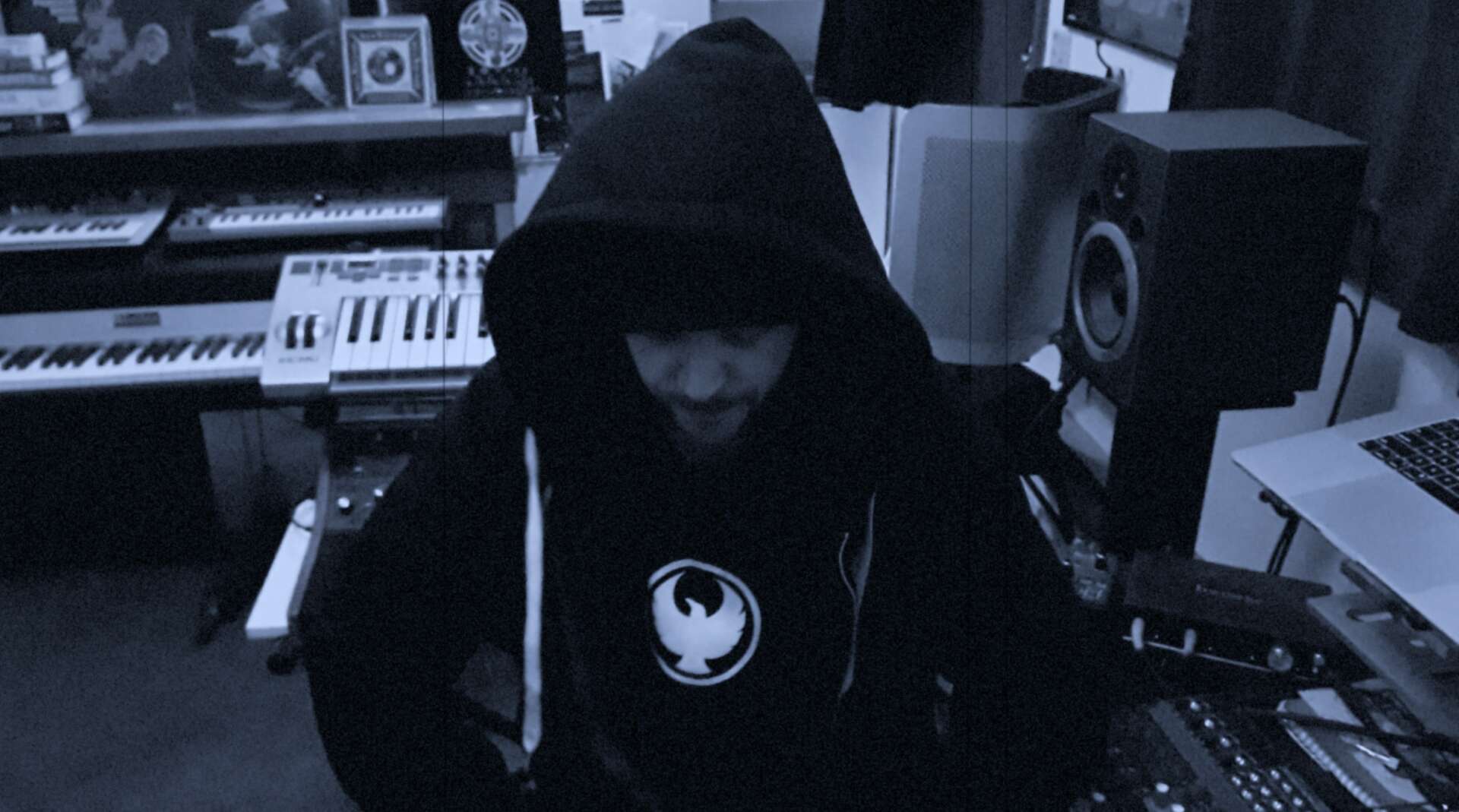
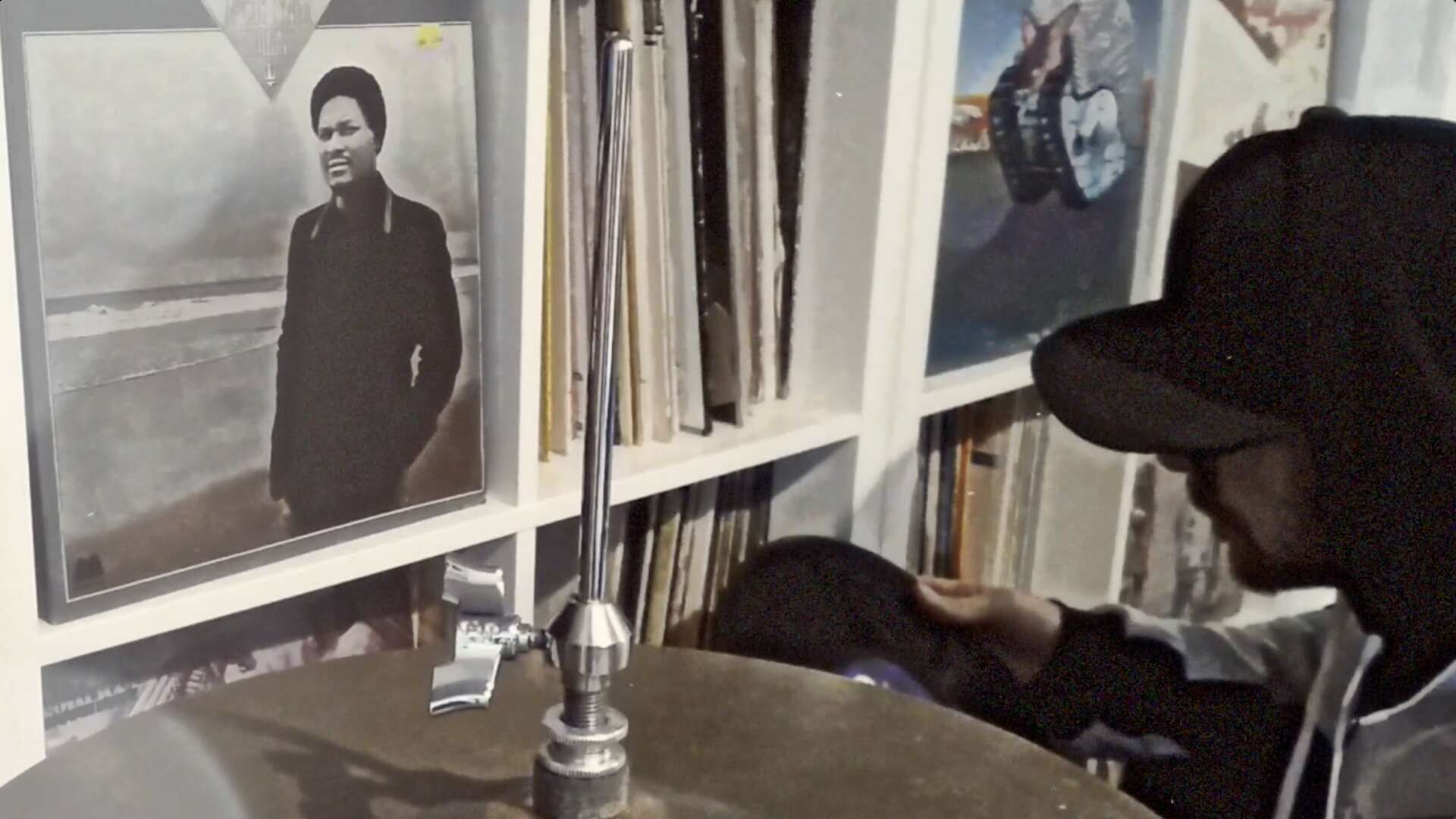
Contact Info:
- Website: www.mikeadamo.com, www.thebreakbeatbible.com, www.memorycodemusic.com
- Instagram: https://www.instagram.com/memorycodemusic
- Facebook: https://www.facebook.com/MemoryCodeMusic
- Twitter: https://twitter.com/MemoryCodeMusic
- Youtube: https://www.youtube.com/@memorycode4120/videos


